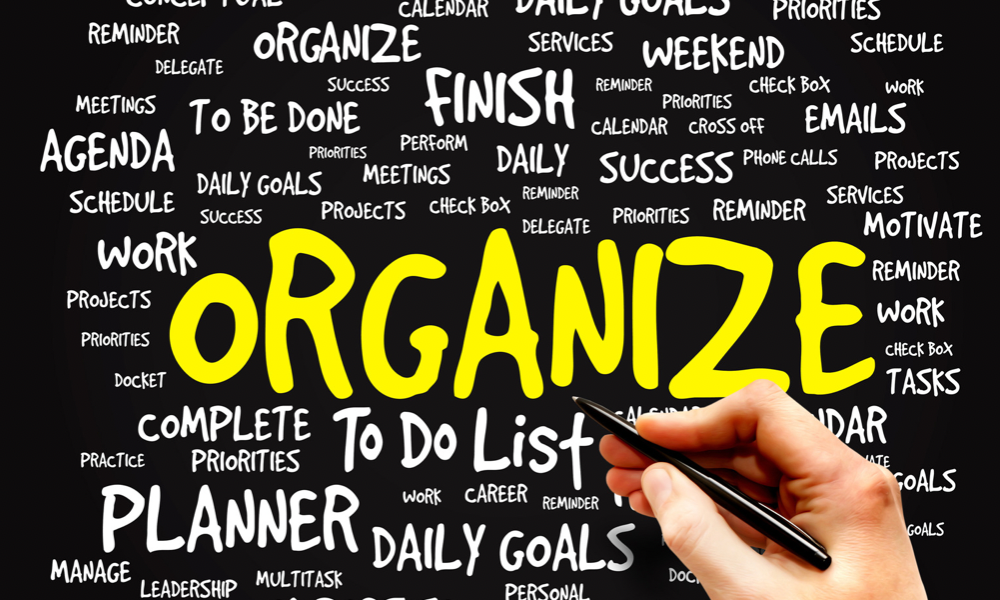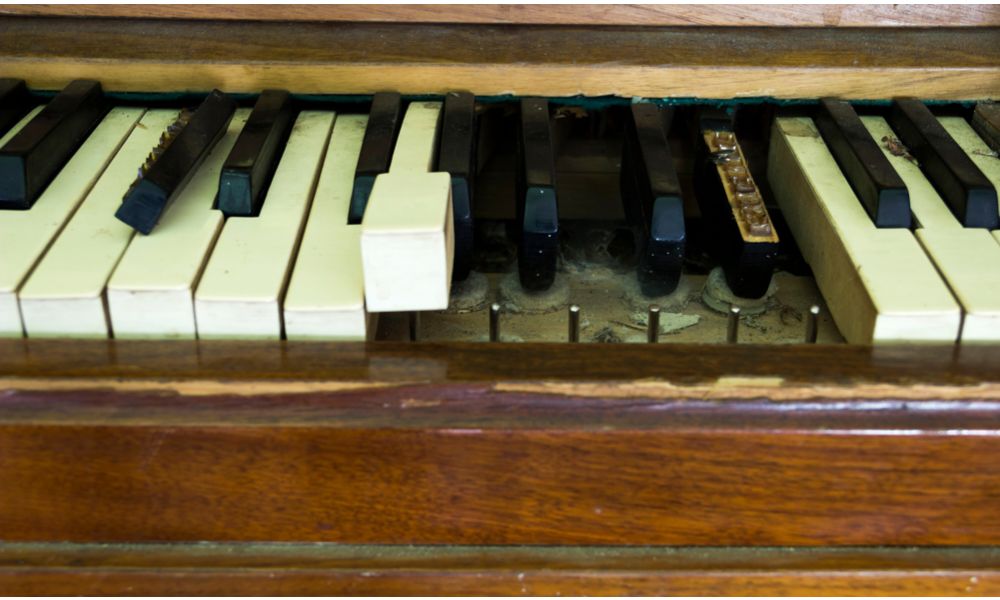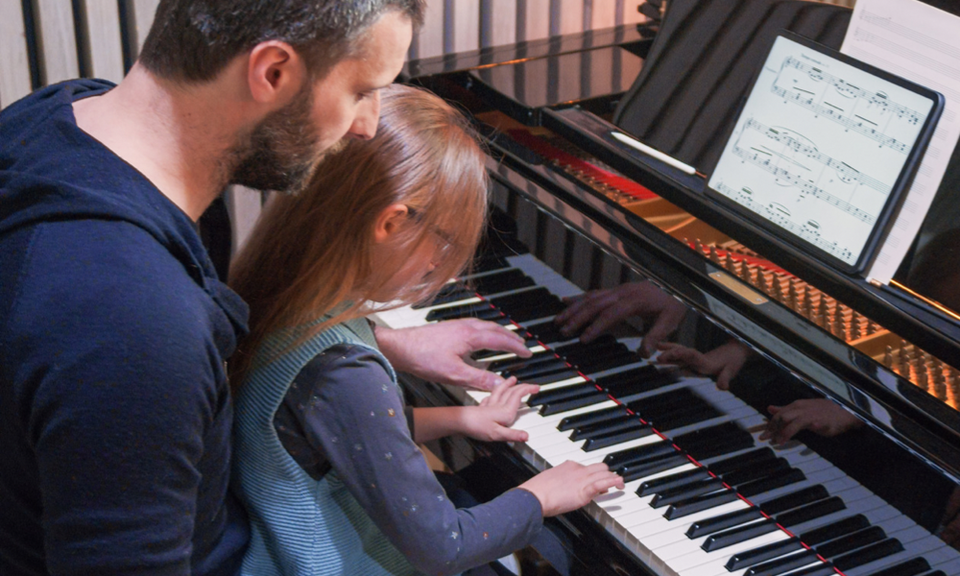Even if you are not musical, there are simple things you can do to support your child who is taking piano lessons.
1. Teach Organizational Skills
Up until about age 10-11 students may need help reading their lesson goals and organizing their practice time. They may need you to talk to their teacher if they are stuck on something. Asking a young child to be entirely responsible for scheduling and organizing practice sessions at home may be asking too much until they learn how with your guidance.

2. Establish a Routine
Short, focused and regular visits to the piano help develop a routine. Establish particular days and times to practice and be as consistent as possible. Lead your child to the piano bench with everything they need to practice similar to driving them to dance or basketball with all their gear and water bottles.
Perhaps the most helpful routine to incorporate is a 24 hour rule. Practice within 24 hours after a piano lesson so new learning is fresh. Practicing right after a lesson is more productive and less frustrating than waiting several days to start.
3. Encourage
Piano is fun and sometimes easy but it often comes with challenges. Learning to read music takes time and mastering a difficult piece will take effort. It is absolutely possible, though. Praise their progress and remind them that overcoming challenges is rewarding. Attend their recitals, listen to them play and be nearby to support them when they practice.
4. Provide a Good Instrument
While a grand piano is not required, a quality digital or acoustic piano makes a difference. Choose an instrument that makes it possible to make beautiful music. An instrument in need of repairs, out of tune or with keys that don't sound is frustrating to play. Ask your teacher for advice if you're not sure where to start.

5. Create a Practice Environment That Works
A student who practices in the basement might feel lonely because they are away from the activity of the house when they practice. Another student might be distracted by noise when they practice where the family hangs out. Consider your child's personality and needs to set up an environment where they don't feel lonely or distracted. As they get older their needs may change so reassess from time to time what works and what doesn't. Their practice will be more enjoyable and productive with the right environment in place.
6. Talk to the Teacher
Most teachers are happy to answer questions. Ask questions on behalf of your child if they are stuck on something. Ask questions you have about the process. Ask questions if there are problems. Most often your teacher will have resources and suggestions that help.

7. Enjoy the Process
It is rewarding as a parent to watch your child conquer musical challenges, perform music they love, grow their skills and build confidence. Learning the piano is a journey with ups and downs but there is much to enjoy and celebrate!



